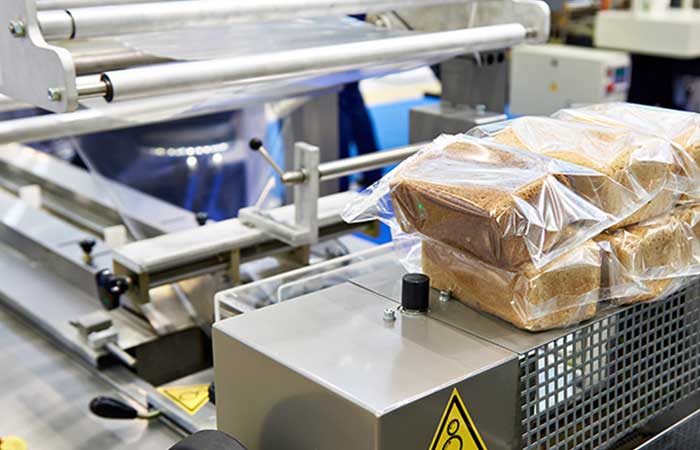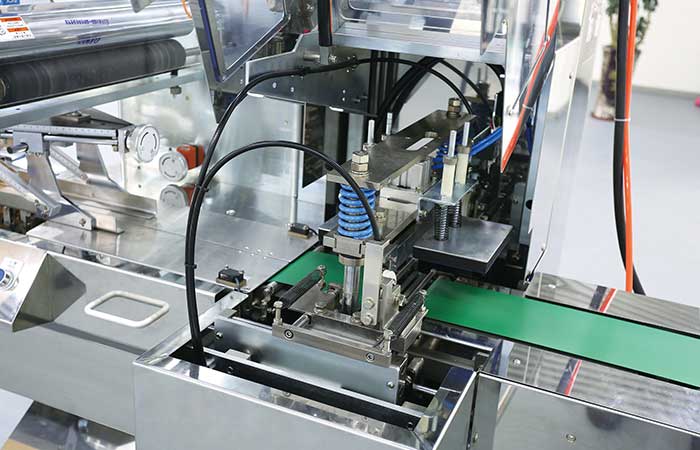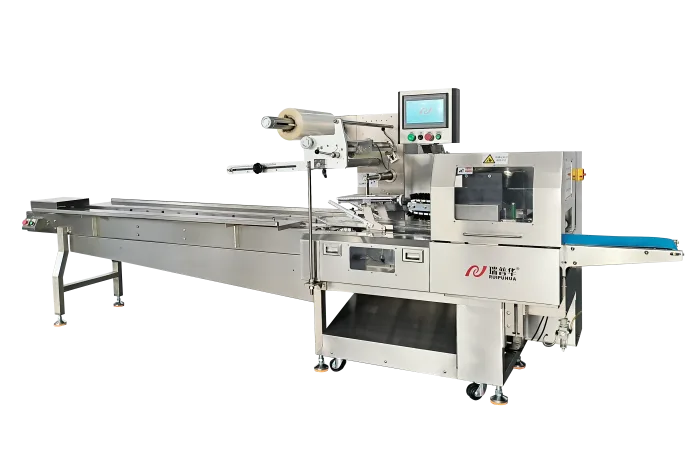Enhancing Efficiency: A Closer Look at Food Packaging Assembly Lines
The Critical Role of Automation in Modern Food Packaging Assembly Lines
Food packaging assembly lines play a vital role in the food industry, ensuring that products are efficiently and safely packaged for distribution. In recent years, automation has revolutionized these assembly lines, enhancing efficiency, accuracy, and speed. Let’s delve into the specifics of how automation has transformed the landscape of food packaging.
Increased Efficiency
One of the primary benefits of automation in food packaging assembly lines is the significant increase in efficiency. Automated systems can perform tasks rapidly and consistently, reducing the time required to package products. This not only speeds up the production process but also minimizes errors, resulting in higher-quality packaging.
Enhanced Safety Measures
Automation has also led to improved safety measures in food packaging assembly lines. By replacing manual labor with automated machinery, the risk of injuries and accidents is significantly reduced. This prioritization of safety not only protects workers but also ensures that food products are packaged in a hygienic and secure manner.
Customization and Flexibility
Modern automated food packaging assembly lines offer a high degree of customization and flexibility. These systems can be easily reconfigured to accommodate different product sizes, shapes, and packaging requirements. This adaptability ensures that manufacturers can meet diverse consumer demands without compromising on efficiency or quality.
Cost-Effectiveness
While the initial investment in automated food packaging assembly lines may be higher than traditional manual systems, the long-term cost-effectiveness cannot be overstated. Automation reduces labor costs, minimizes waste, and optimizes production processes, leading to considerable savings for food manufacturers in the long run.
Future Developments
The future of food packaging assembly lines is undoubtedly tied to further advancements in automation technology. From the integration of artificial intelligence for predictive maintenance to the use of robots for intricate packaging tasks, the possibilities are endless. As technology continues to evolve, we can expect even greater efficiency, precision, and innovation in food packaging processes.
Conclusion
In conclusion, automation has become indispensable in modern food packaging assembly lines, revolutionizing the industry in terms of efficiency, safety, customization, and cost-effectiveness. By embracing automation technologies, food manufacturers can streamline their production processes, enhance product quality, and stay ahead in a competitive market landscape.
-
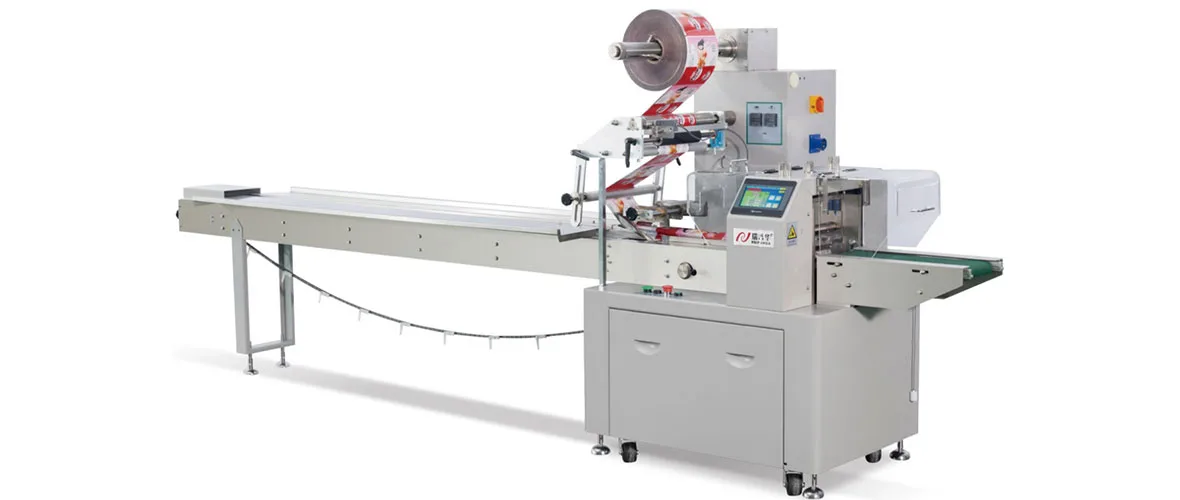 01
01Packaging Machinery: Beyond Sealing, Driving an Efficient, Smart, and Sustainable Future
21-01-2026 -
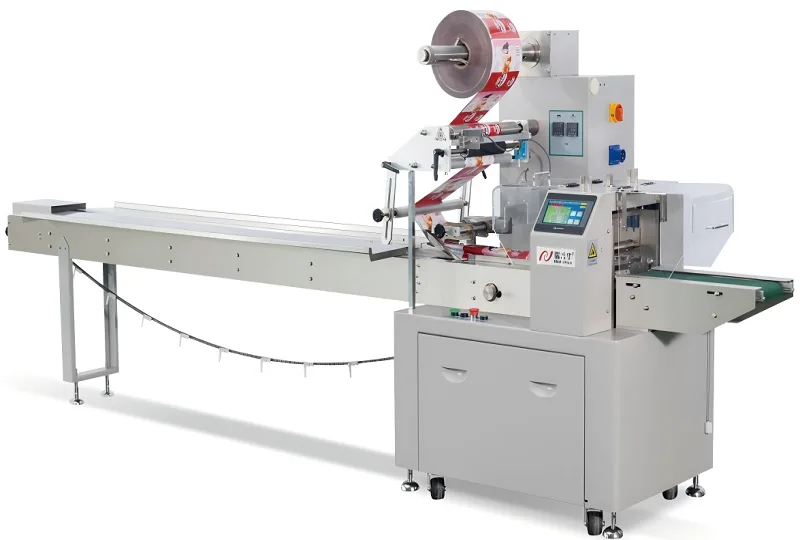 02
02Automatic Tray Loading and Packaging Equipment: Boost Efficiency to 160 Bags/Minute
21-11-2025 -
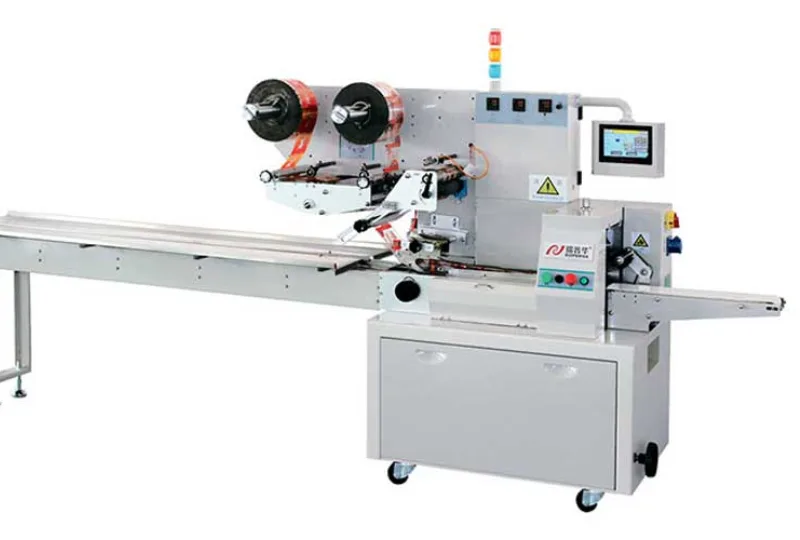 03
03Automatic Soap Packaging Machine: Boost Productivity with 99% Qualification Rate
21-11-2025 -
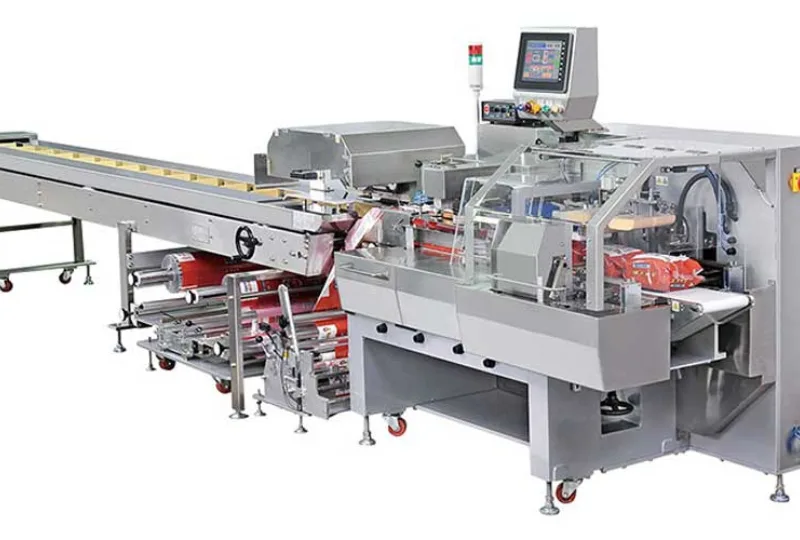 04
04A Deep Dive into Automatic Toast Processing and Packaging System
18-11-2025 -
 05
05The Future of Bakery Production: Automated Toast Processing and Packaging System
18-11-2025 -
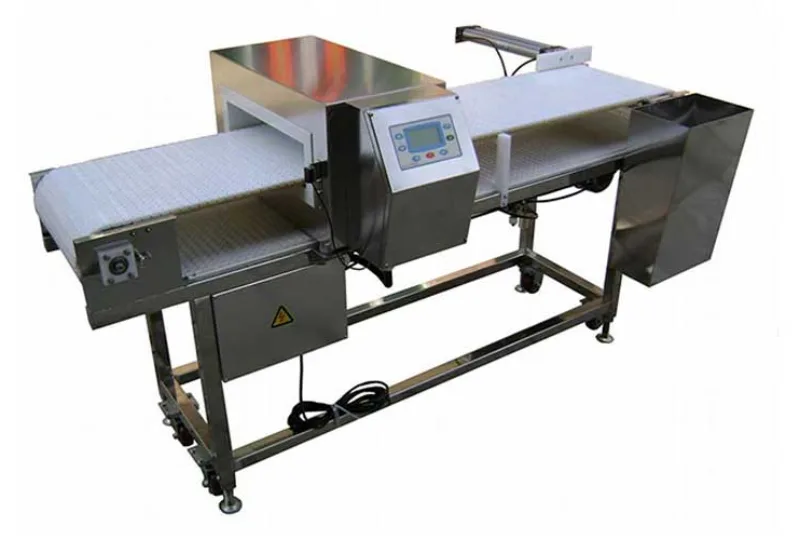 06
06Reliable Food Packaging Solutions with China Bread, Candy, and Biscuit Machines
11-10-2025 -
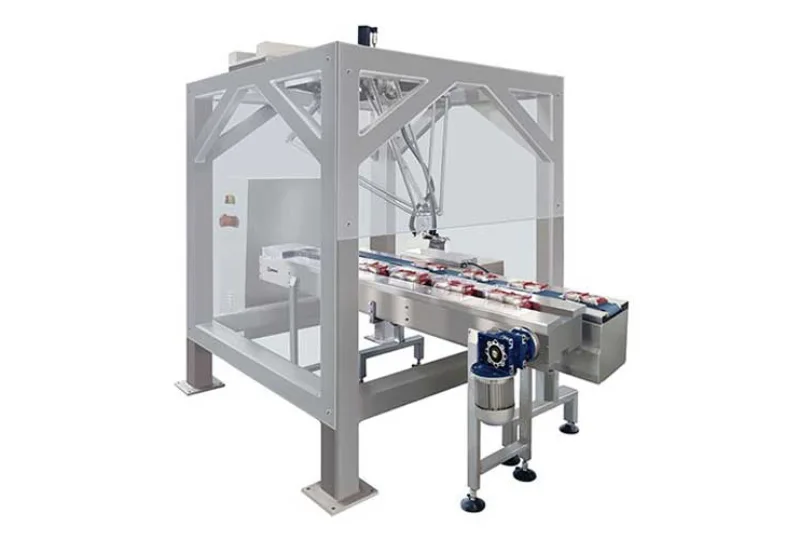 07
07High-Performance Automated Food Packaging Equipment for Modern Production
11-10-2025 -
 08
08Reliable Pillow Packing Machines for Efficient Packaging Operations
11-10-2025 -
 09
09Advanced Fully Automatic Packaging Solutions for Efficient Production
11-10-2025 -
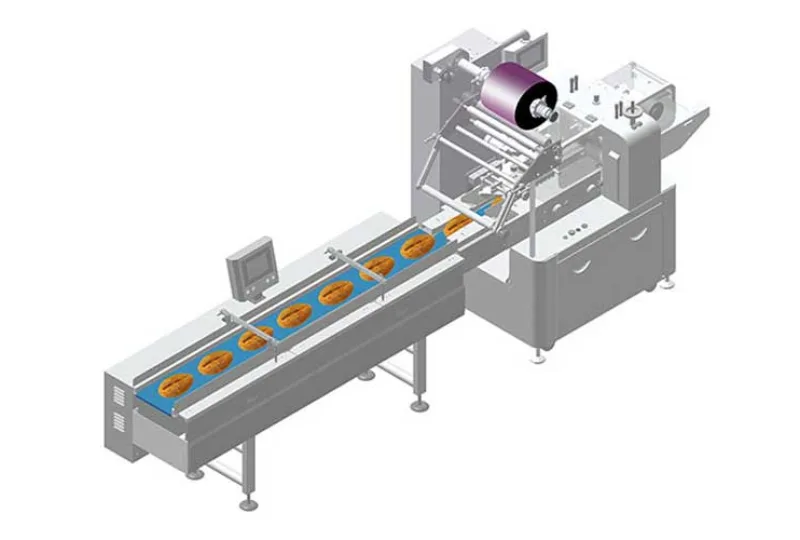 10
10Efficient Automatic Food Packaging Solutions for Modern Production
11-10-2025



